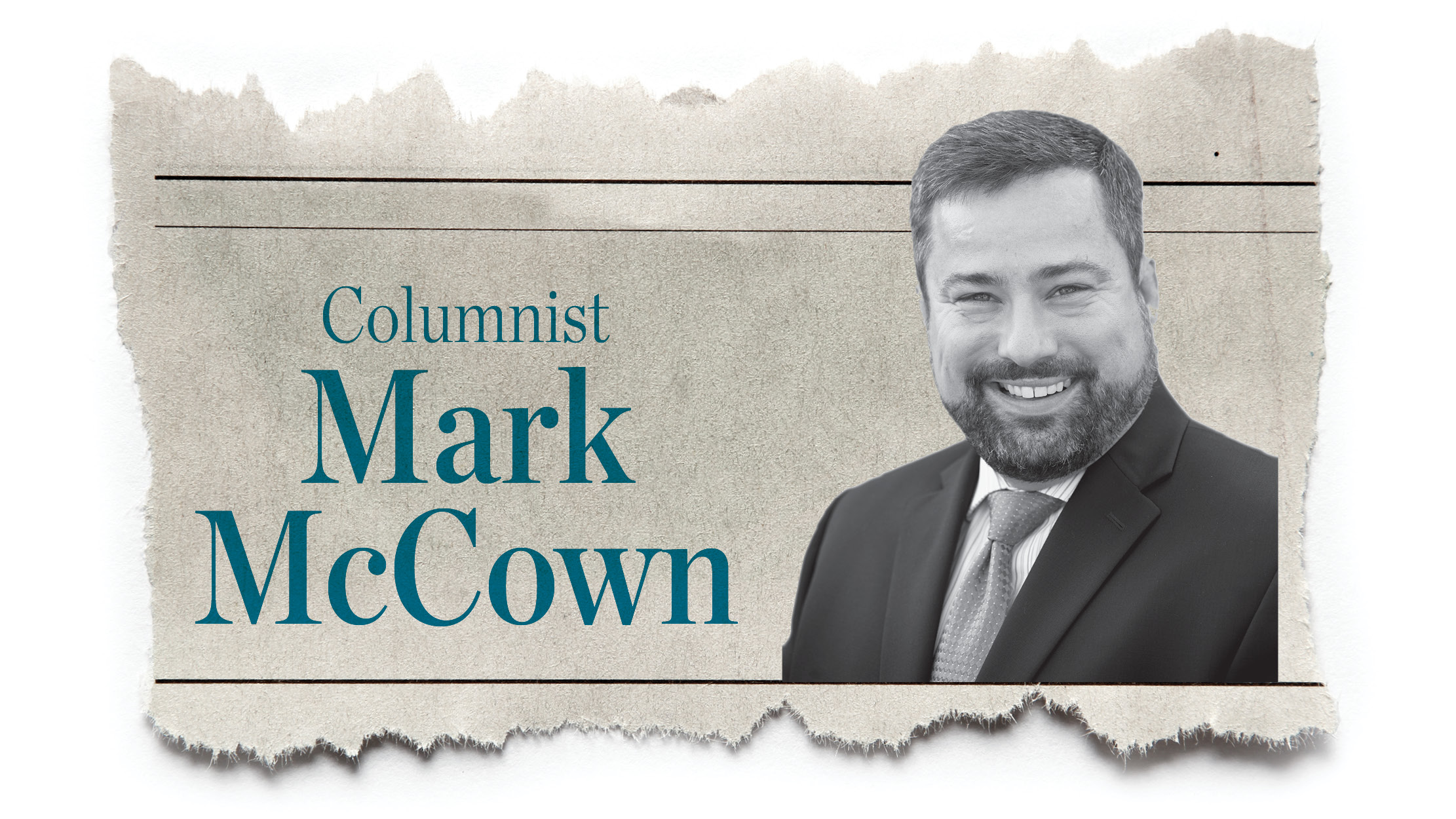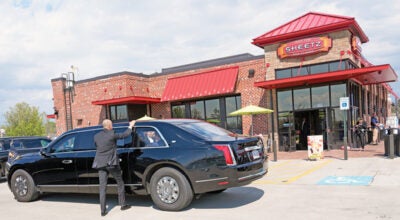New landlord needs to skip DIY rental forms
Published 6:00 am Saturday, February 19, 2022
Dear Lawyer Mark: I recently bought a building to rent out. I have never been in the rental business before, but have been looking at forms online to make up a lease.
It looks like they are pretty much all the same, so I’m wondering if I should even bother to see a lawyer. I assume you’ll tell me to get a lawyer because you are one, but if a lawyer will just use the same forms everyone else does, why shouldn’t I just save my money and buy the form directly? — New Landlord
Dear New Landlord: Many lawyers will tell you that they like it when clients come to them after using DIY forms. Why? Because it is usually more work, and therefore more expensive, to undo the damage done by a DIY form than to start from scratch.
Whether it is a divorce, will, or lease as in your case, DIY forms are typically drafted by a company to be used in many states, even though the laws about a particular issue can be very different between those states.
A good lawyer will not “just use the same forms everyone else does,” but instead will create a document unique to your situation.
Some of the language will be similar, because it has been defined by statutes or court cases over the years, but the lawyer should go through a bunch of questions with you before preparing the lease so that all your concerns are addressed.
You don’t state in your letter whether your lease is for a business space or residential space, but the terms that go into them are different, and you must be extremely careful about your choice of words when preparing them.
If it is a commercial space, who is required to carry insurance on the building, or repair the building if vandalism occurs due to a disgruntled customer? Who is responsible for snow removal of the walkways or parking lot, if there is one, to prevent customers from getting injured?
If it is a retail space, can the tenant put in counters and built-in display cases, and if so, do they have to remove them or leave them when the lease expires?
If the lease is for residential property, are the tenants permitted to have pets, and if so, what types? Are the utilities included in the monthly lease price, or does the tenant have to pay separately for them?
If you have appliances in the unit, who is responsible for keeping them in good working order?
How much of a deposit will you require, and what can you legally use it for?
The above are just a few of the questions that should be asked. In all cases, the lawyer will also need to address how long the lease is valid, what the rental amount will be, and what allows one party or the other to cancel or extend the lease.
This may be clearer on a residential lease, but if you use a pre-printed commercial lease and choose to use square footage to determine your rental amount, true disaster could happen.
For instance, if you decide to rent out “1,000 square feet for a term of 12 months, paid monthly, at a rate of $2.50 per square foot,” a court could interpret that to mean different things if you ended up in a lawsuit.
The court could say you were supposed to be paid a monthly amount of $2,500 (for a total of $30,000), or it could also say that you were supposed to be paid a total of $2,500 in 12 monthly installments of $208.33.
Often, if there are questions as to the interpretation of a contract, a court will find against the preparer of the contract.
As a new business owner, you especially need to seek legal advice as you set up the business and initial forms so that you can protect it from mistakes that could potentially cost you a great deal of money in the future.
Thought for the Week: Your aspirations are your possibilities. – Dr. Samuel Johnson.
It’s The Law is written by attorney Mark K. McCown in response to legal questions received by him. If you have a question, please forward it to Mark K. McCown, 311 Park Avenue, Ironton, Ohio 45638, or e-mail it to him at LawyerMark@yahoo.com. The right to condense and/or edit all questions is reserved.






